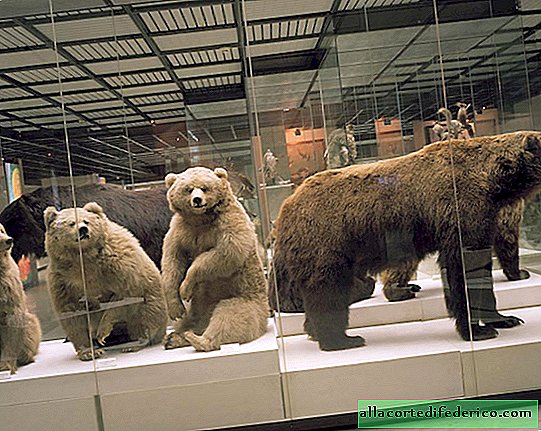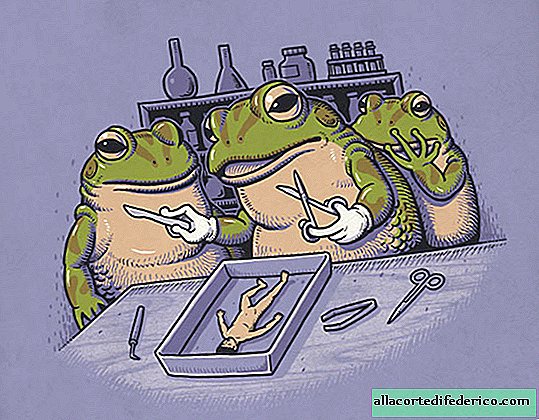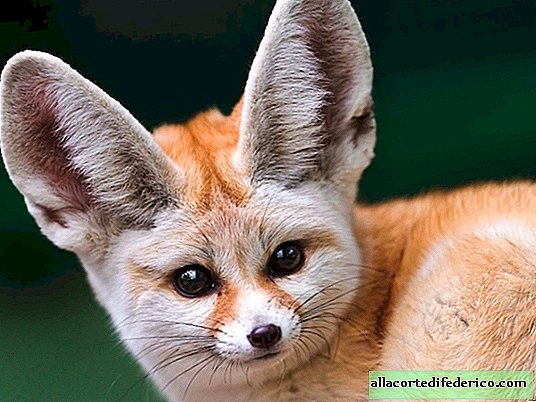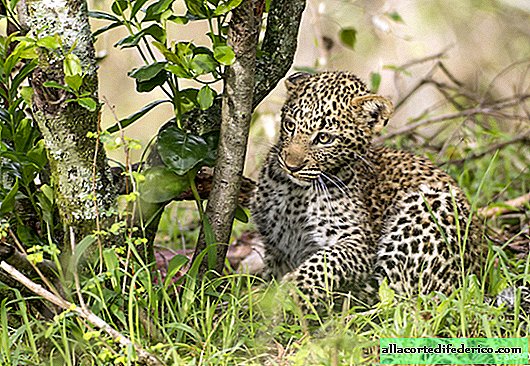Mamenkin son: how bonobo females arrange the personal life of their sons
All mothers are the same and only want the best for their children. This rule applies to the animal world, representatives of which sometimes demonstrate simply amazing behavior. So, for example, scientists managed to find out that mothers of pygmy chimpanzees are so worried about the fate of their sons that they are ready to arrange their personal life, entering into conflicts with other males of the community and even choosing potential brides.

Dwarf chimpanzees, or bonobos, are the few primates that today live in only one single place on the planet - the Congo Basin in the equatorial part of Africa. Bonobos are distinguished by longevity, a high level of development of intelligence, complex social connections, the presence of a variety of emotional experiences and a manifestation of sympathy for relatives, as well as specific sexual behavior within groups. It is interesting that in the bonobo communities, females rather than males occupy a leading position, which led to the presence in these primates of an interesting behavior model when the mother of a son who is ready for adulthood is engaged in arranging his personal life.

If most primates prove their superiority over male competitors by intimidation and even mating, the bonobo uses a completely different tactic, resorting to the help of mothers. Mom’s sons are not at all afraid of ridicule and condemnation, because in the bonobo community such behavior is the norm. The higher the status of the female in the bonobo family, the greater the chances for her son, because the mother not only chooses for her the best bride, in her opinion, but also eliminates her competitors by intimidating other males. Moreover, as the researchers managed to find out, this way of arranging the son’s personal life is paying off: bonobos, who are under the care of their mother, are more likely to acquire offspring and are more successful.

Experts note the unusually high life expectancy of pygmy chimpanzees. Even in natural conditions, this figure reaches 40 years, and in special nurseries and zoos, animals often live up to 60 years. Moreover, this species of primates has an interesting reproductive behavior. Females reach puberty by an average of 13-14 years, but they do not bring offspring annually, but only once every 5 or even 6 years. That is, in bonobo females, the amount is compensated by quality, since even matured cubs for a long time remain next to their mother, who continues to take care of them, up to and including personal life. Such behavior is characteristic of several other species of mammals, which, for the sake of the quality education of offspring, postpone the birth of the next offspring.

















